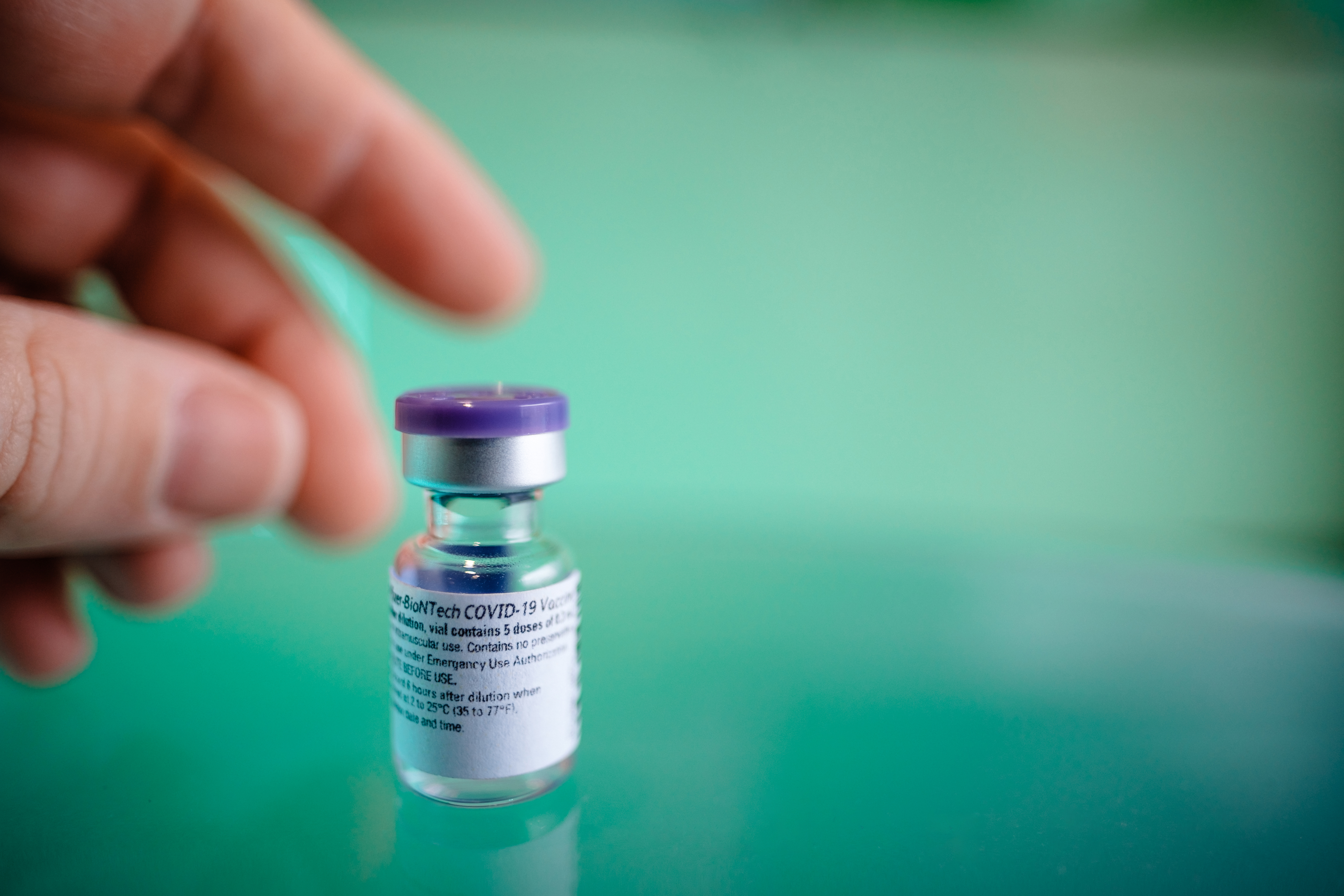Pfizer/BioNTech COVID jab works against Brazil variant; lab study

A laboratory study suggests Pfizer and BioNTech’s COVID-19 vaccine Comirnaty could be effective against a Brazilian variant of the SARS-CoV-2 virus – known as P.1 – that is worrying health officials around the world.
The study suggests that serum taken from patients injected with the mRNA shot, also known as BNT162b2, was able to neutralise a genetically engineered version of SARS-CoV-2 with the P.1 mutations, as well as variants from the UK and South Africa.
While the lab study is no guarantee that Comirnaty will be protective against these variants circulating in the real world, it’s an encouraging indication that the changes in the SARS-CoV-2 spike protein in these strains aren’t big enough to dramatically hinder the effectiveness of the current vaccines.
The engineered UK and Brazil variants seemed to respond the same to the test serum as the original “wild-type” COVID-19 strain, say the scientists from Pfizer, BioNTech and the University of Texas Medical Branch.
The response to the South African variant was a little lower but still “robust”, they note, and that correlates with earlier findings on that variant reported last month. The latest research is published in the New England Journal of Medicine.
The P.1 variant appears to be more contagious than the original SARS-CoV-2 strain, with a study in Brazil suggesting it may be twice as transmissible, and also raise the risk of reinfection in someone who has previously has COVID-19.
That work in the Manaus area, where the variant first emerged, has estimated that P.1 could evade the immune response generated from a prior infection in between 25% and 61% of cases, and that has made containing the variant a priority for health authorities.
In the UK, a massive effort was undertaken last week to identify and trace a mystery person who on testing was found to be infected with P.1, in order to make sure they and their contacts were isolated to prevent it spreading. So far there are six known cases in the UK.
The authors of the NEJM paper say that ultimately, any experimental conclusions about vaccines protecting against the new COVID-19 strains “must be validated by real-world evidence collected in regions where the SARS-CoV-2 variants are circulating".
In the meantime, vaccine producers are taking steps to try to adapt their vaccines to tackle new variants of the virus.
Pfizer and BioNTech are planning to investigate giving a third dose of BNT162b2 to see if that boosts immunity further for example, as well as developing a new version designed to combat new variants, while AstraZeneca has said work on new shots started some time ago.
In February, the FDA issued guidelines allowing for faster development of updated coronavirus vaccines, while the EMA is also working on similar guidance for Europe.
Feature image copyright BioNTech SE 2020, all rights reserved













